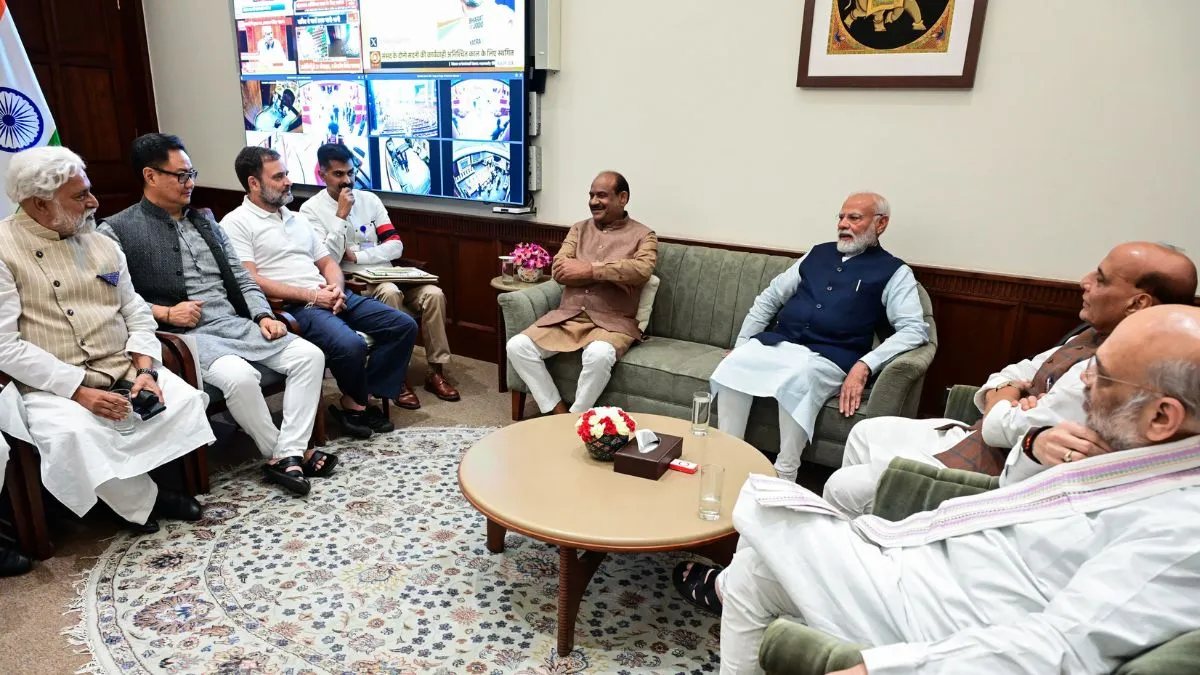- By Imran Zafar
- Wed, 18 Sep 2024 05:23 PM (IST)
- Source:JND
One Nation One Election Meaning: The Union Cabinet on Wednesday approved the long-debated proposal of 'One Nation, One Election,' aiming to synchronise Lok Sabha and Assembly elections. This move seeks to reduce the financial burden associated with frequent elections by holding them simultaneously. The 'One Nation, One Election' proposal, featured in the BJP's manifestos for both the 2019 and 2024 general elections, has faced strong opposition and criticism from various political parties, who are concerned about its feasibility and fairness
'One Nation, One Election' means that Lok Sabha, Assembly and local body elections would be held in the same year. Currently, only a few states, like Andhra Pradesh, Sikkim and Odisha, vote at the same time as the national elections, while others, such as Haryana, Jharkhand and Maharashtra, follow separate cycles. Critics have raised concerns about how this synchronisation could affect the terms of existing state governments.
Supporters of the concept argue that it will streamline the electoral process, cut down on expenses and reduce the disruptions caused by continuous election cycles. However, the proposal has also drawn criticism, with opponents raising concerns about its potential implications.
The concept of 'One Nation, One Election' is not new as it dates back to the early days of the Constitution. Experts point out that simultaneous elections were held in the country from 1951 to 1967, with voters casting ballots for both central and state governments during those years. However, the process was discontinued in 1968-69 due to the reorganisation of states.
ALSO READ: Chandrayaan 4, Venus Mission And More: Centre Approves ISRO's Ambitious Space Projects
Implementing 'One Nation, One Election' poses several challenges. The dissolution of the Lok Sabha or a state assembly before their five-year terms would disrupt the synchronised election schedule. Additionally, achieving consensus among political parties, especially regional ones, is a major hurdle, as many believe that national parties would benefit more from this system.
The increased demand for election machinery like EVMs and VVPATs, along with the need for additional security forces and officers, further complicates the process. While simultaneous elections could bring efficiency, concerns remain about their feasibility and fairness, particularly for regional political interests.


